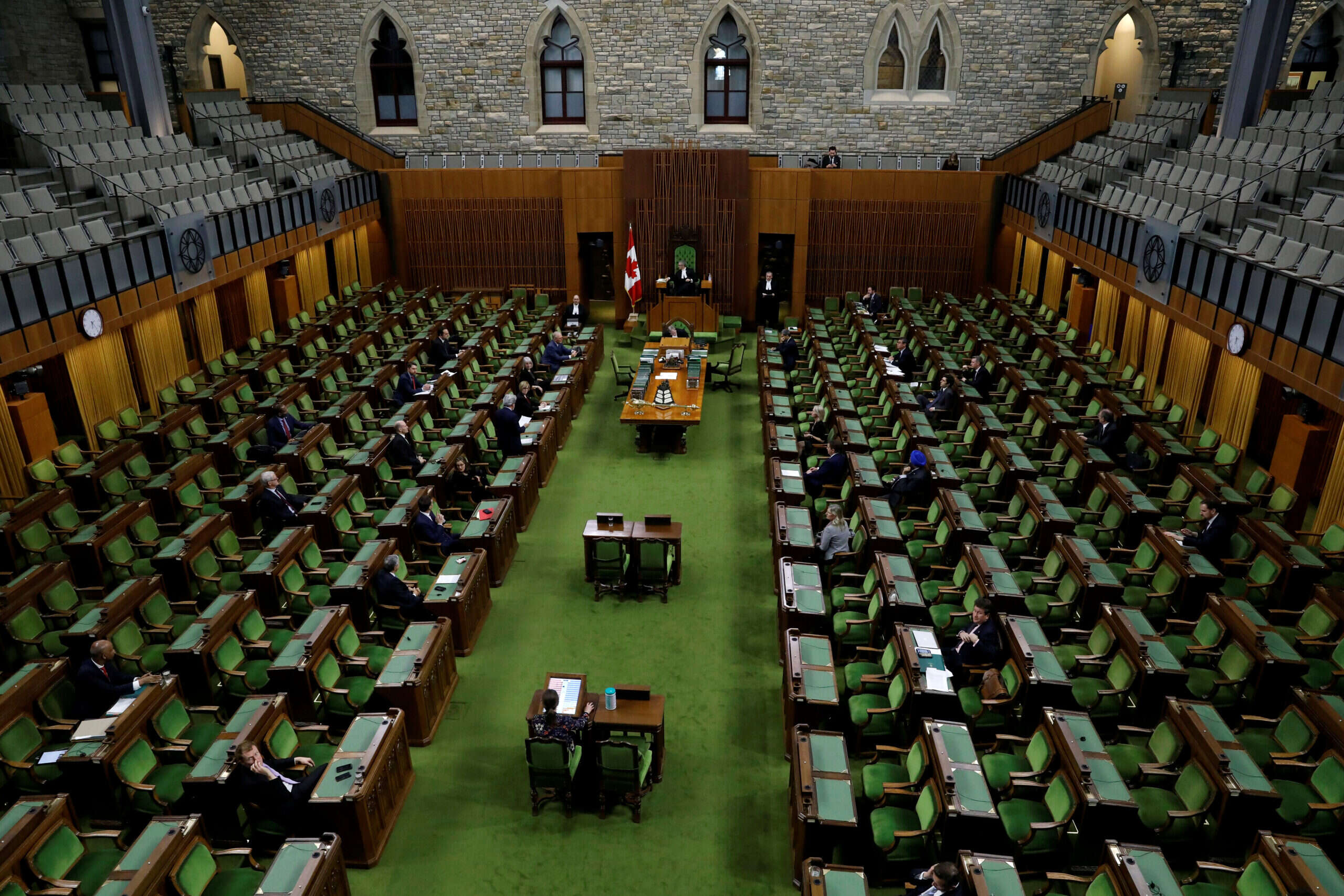
The Canadian journalism industry has asked parliamentarians to ensure that they pass laws forcing Google and Meta to pay for news by the end of June.
Prime Minister Justin Trudeau has already pledged to introduce Australia-style legislation this year, possibly as early as this month.
Speaking before the House of Commons’ Standing Committee on Finance on Monday, Paul Deegan, chief executive of News Media Canada, said he is expecting a media bargaining code to be announced by the government “very soon”.
Click here to subscribe to Press Gazette’s must-read newsletters, Future of Media and Future of Media US |
He told the committee: “With all political parties in agreement on the overall direction, we are asking you to work with your colleagues to ensure it receives royal assent by the end of June.” Under the Canadian political system, royal assent is the final step a bill must pass before coming into law.
Press Gazette reported in December that Canadian news publishers are anticipating the law could lead to Google and Meta paying them between CA$100-150m a year.
Like the Australian code, Canada’s new law is expected to threaten Google and Meta, previously known as Facebook, with an arbitration process if they cannot agree cash-for-content deals with news publishers. It is also expected to allow publishers to collectively negotiate with the tech giants. It is not clear whether Canada’s code would include broadcasters as well as news publishers.
Deegan told the committee: “The Australian model is simple, and it doesn’t involve taxpayer money. It allows news publishers to negotiate collectively with the big tech platforms and services to receive reasonable compensation for the content our Canadian journalists produce. If negotiations don’t lead to a fair settlement, it goes to baseball-style final offer arbitration.”
He added that Australia’s code “is working for publishers large and small”, noting that “more than 30 agreements have been reached, including Country Press Australia, which represents about 180 smaller independent and regional titles”.
Jamie Irving, vice-president of Brunswick News and chair of News Media Canada, also gave evidence to the committee.
“Canada’s news publishers are facing an existential threat, with Google and Facebook now taking about 90% of online ad revenues,” he said.
“To put this in context, after peaking at CA$4.6bn in 2008, newspaper revenues have fallen off a cliff, and now stand below CA$1.5bn. During that same period, Google and Facebook have seen their combined Canadian revenue grow from a little over a billion dollars to over CA$8bn.”
Irving claimed Google and Meta “enjoy all of the benefits of being a publisher – without any of the obligations. They spread a few crumbs around, but they don’t employ a single journalist in Canada.
“Since 2013, we have lost 300 trusted news titles in Canada. And Covid has made this secular decline even worse. Ad revenue was down about 35% in 2020 and more than 40 newspapers closed permanently since the start of the pandemic. As titles disappear, news deserts are created.
“Across Canadian journalism, 1,300 jobs have been cut permanently since the beginning of the pandemic.”
On Tuesday, 15 February, after this article was first published, a spokesperson for Google said the company wants to work with the Canadian government to “create a ‘Canada made’ solution that will ensure a robust future for news in Canada and enable innovation”.
They claimed the Australian news media bargaining code “doesn’t provide a sustainable model for the future of journalism”.
The spokesperson’s statement, in full, said: “As one of the world’s largest supporters of news, Google has demonstrated its long term support for journalism in Canada through traffic, tools, training, programming, funding and licenced deals.
“We are committed to building on that work and collaborating with the government to create a ‘Canada made’ solution that will ensure a robust future for news in Canada and enable innovation.
“The Australian approach doesn’t do that and it doesn’t provide a sustainable model for the future of journalism.
“Canada has the opportunity to create a world-leading policy that strengthens the news industry and we look forward to working closely with the government on helping them to achieve that goal.”
Picture credit: REUTERS/Blair Gable
Email pged@pressgazette.co.uk to point out mistakes, provide story tips or send in a letter for publication on our "Letters Page" blog
